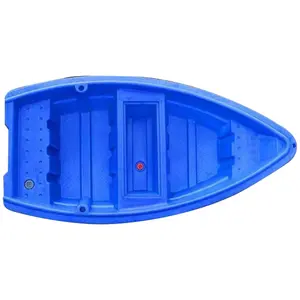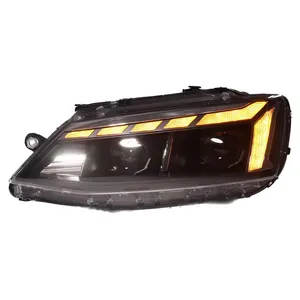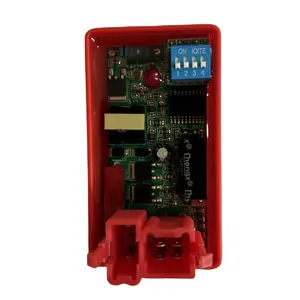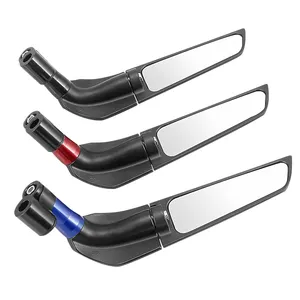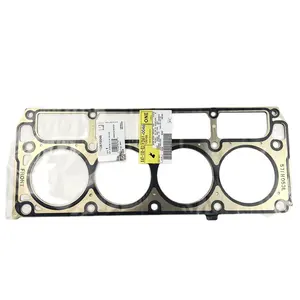Popular in your industry



































































































































































































Top categories
About car body shells
Exploring the Versatility of Car Body Shells
Within the automotive industry, car body shells represent a fundamental component, serving as the basic structure of a vehicle to which all other parts are attached. These shells are crucial for both the aesthetic appeal and the structural integrity of vehicles. Catering to a diverse range of applications, car body shells are crafted from various materials, each selected for its unique properties and suitability for different vehicle types.
Materials and Composition
The construction of car body shells often involves materials such as steel, polystyrene (PS), and carbon fiber, each offering distinct advantages. Steel is renowned for its durability and strength, making it a common choice for many manufacturers. PS, a versatile type of thermoplastic, is favored for its lightweight and moldable characteristics, which are particularly beneficial in the production of 1 10 rc car body models. Carbon fiber, known for its lightweight and high-strength properties, is often used in high-performance vehicles and in the realm of rc car bodyshells, where weight reduction is paramount.
Types and Applications
Car body shells vary widely to accommodate different vehicle models and purposes. From the robust shells designed for SUVs like the Land Cruiser to the sleek contours of luxury vehicles, the spectrum is broad. In the niche of hobbyist and competitive racing, 1 10 scale rc body shells are prevalent, providing enthusiasts with a lightweight yet resilient structure for their remote-controlled counterparts. These rc body shells are meticulously designed to replicate the aerodynamics and style of their full-sized inspirations.
Features and Advantages
The design of a car body shell is a balance of form and function. It must ensure the safety of passengers while contributing to the vehicle's overall performance. For instance, the aerodynamic shape of a rc drift bodyshell can significantly influence the handling characteristics of the vehicle. Similarly, the rugged design of rc buggy body shells enhances durability for off-road adventures. The adaptability of these shells allows for customization, catering to the specific tastes and requirements of vehicle owners and hobbyists alike.
Selection and Customization
Choosing the right car body shell is pivotal, whether for a full-sized vehicle or a 1 10 rc body shell. Factors such as compatibility, material properties, and design are all critical considerations. For the radio-controlled car enthusiast, options like body shell for rc car and remote control car body shells are abundant, offering a variety of styles and fits for different rc models. The customization potential of these shells is a key aspect, allowing for a personalized touch in both appearance and performance.
Conclusion
The market for car body shells is as diverse as it is specialized, addressing the needs of both automotive manufacturers and hobbyists. With a focus on material innovation and design excellence, these shells not only form the backbone of vehicles but also offer a canvas for personalization and performance enhancement. As the industry evolves, so too does the variety and capability of these essential automotive components.
